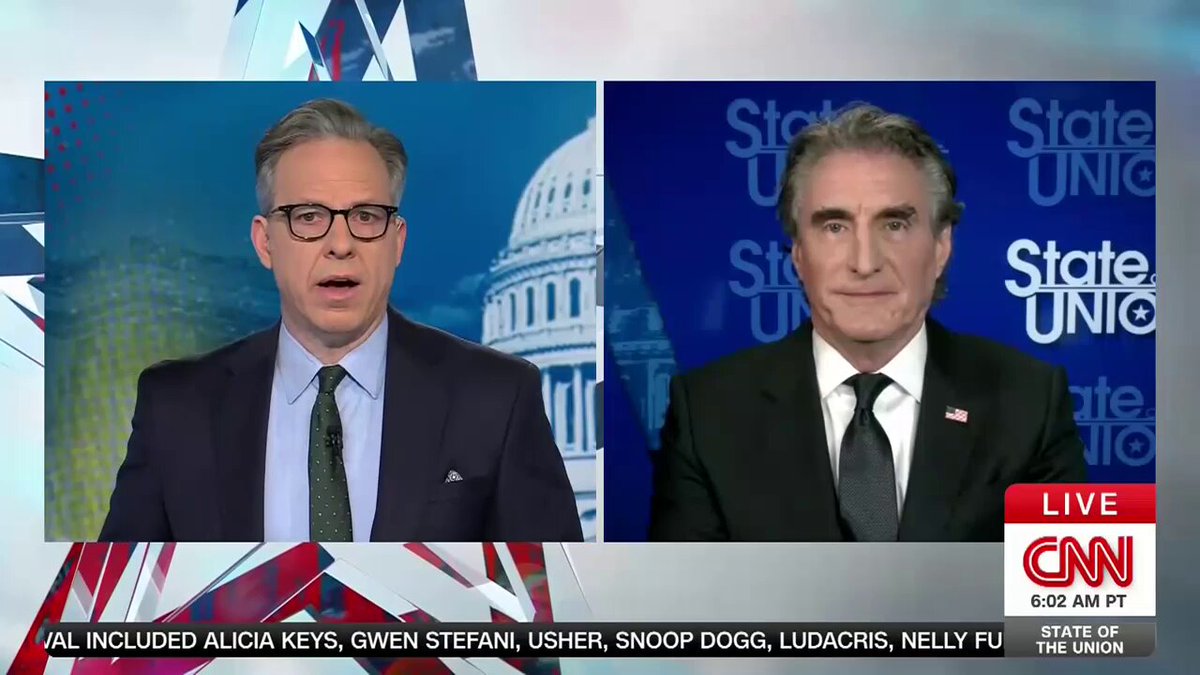The statement involves a political figure responding to a controversial remark made by another political figure, which compares the current administration to the 'Gestapo'. This comparison is a significant and sensitive claim, given the historical context of the Gestapo as a secret police force under Nazi Germany, known for its brutal tactics. The response by the potential VP contender, as well as the setting of the interview on a major news network, indicates that this is a matter of public discourse, engaging with issues of political rhetoric, historical sensitivity, and the implications of such comparisons in political dialogue.
- The statement potentially harms the public discourse by not adequately addressing the severity and implications of comparing a democratic administration to a totalitarian entity. This could mislead or inflame public perceptions, rather than fostering a rational and informed discussion. [-2]Principle 1:I will strive to do no harm with my words and actions.
- The statement respects the dignity of the individuals involved by not engaging in personal attacks, but it may undermine the dignity of broader groups by trivializing historical atrocities through such comparisons. [-1]Principle 2:I will respect the privacy and dignity of others and will not engage in cyberbullying, harassment, or hate speech.
- The statement does not promote understanding or compassion. Instead, it risks polarizing and sensationalizing the discourse, which could hinder constructive dialogue. [-2]Principle 3:I will use my words and actions to promote understanding, empathy, and compassion.
- The statement does not engage in constructive criticism or dialogue. Brushing off a severe comparison without thorough discussion or critique does not contribute to a productive disagreement or understanding. [-2]Principle 4:I will engage in constructive criticism and dialogue with those in disagreement and will not engage in personal attacks or ad hominem arguments.
- There is a lack of effort to correct or contextualize misleading or potentially harmful rhetoric, which is crucial in maintaining factual integrity in public discourse. [-2]Principle 5:I will acknowledge and correct my mistakes.
- The use of such comparisons without adequate critique or correction does not reflect a responsible use of influence in public discourse. [-2]Principle 6:I will use my influence for the betterment of society.
- The statement does not uphold the principles of free speech in a responsible and integrity-filled manner. It allows for the spread of extreme comparisons without sufficient critique, which could degrade the quality of public discourse. [-2]Principle 7:I will uphold the principles of free speech and use my platform responsibly and with integrity.
